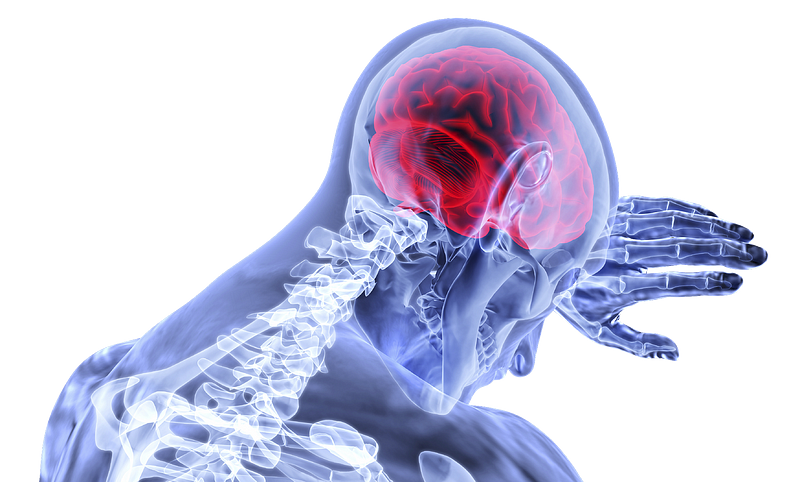Unraveling COVID-19 "Brain Fog": New Insights and Findings
Written on
Chapter 1: Understanding COVID-19 Brain Fog
Recent studies are shedding light on the phenomenon commonly referred to as “COVID brain fog.” This term encompasses a range of troubling cognitive issues that may manifest as memory deficits, confusion, difficulty concentrating, dizziness, and trouble recalling everyday vocabulary. In an article published in the New York Times in October 2020, Pam Belluck highlighted these troubling symptoms.
Rick Sullivan, a 60-year-old patient, shared his experiences with COVID brain fog, describing a spectrum of sensations from a heavy head to a debilitating "fog" that left him unable to function, often just sitting and staring, feeling unmotivated with a racing mind. Similarly, 50-year-old Mr. Reagan had to leave his position as a vascular medicine specialist due to neurological symptoms such as finger tremors and seizures. He reported significant memory loss, forgetting experiences from the previous holiday season and even a trip to Paris.
Initially, researchers speculated that COVID brain fog could result from inflammation affecting blood vessels in the brain or from a prolonged immune response to the virus. However, recent findings offer new insights. A study published on February 8 in Cancer Cell by an interdisciplinary team from Memorial Sloan Kettering (MSK) indicates that the inflammatory molecules present in the cerebrospinal fluid (the fluid surrounding the brain and spinal cord) may play a crucial role in the development of brain fog.

Chapter 1.1: Collaborative Research Efforts
Dr. Jessica Wilcox, Chief Fellow in neuro-oncology at MSK and a lead author of the study, recalls how a meeting with colleagues from critical care revealed severe delirium in many patients hospitalized for COVID-19. This prompted a significant collaboration across various specialties, including neurology and microbiology, aimed at uncovering the underlying causes and improving patient care.
In their initial investigations, the research team focused on 18 hospitalized patients suffering from severe neurological issues. After conducting a comprehensive neurological assessment that yielded no explanations, they shifted their focus to the patients’ cerebrospinal fluid.
Dr. Jan Remsik, a research fellow at MSK, noted, “We discovered persistent inflammation and elevated cytokine levels in their cerebrospinal fluid, which clarified the symptoms they were experiencing.”
Dr. Adrienne Boire, the physician-scientist overseeing the study, remarked on the evolving understanding of the nervous system's relationship with the immune system, stating, “Previously, we thought of the nervous system as immune-privileged, but ongoing research reveals more connections between the two.”

Chapter 1.2: Comparing to Immunotherapy Effects
Interestingly, the inflammatory markers identified in COVID-19 patients bore similarities to those observed in individuals undergoing chimeric antigen receptor (CAR) T cell therapy, a treatment for blood cancers that can lead to cytokine release and subsequent inflammation. In both cases, neurological symptoms may not appear until days or weeks after the initial inflammatory response.
In CAR T cell patients, neurologic complications are often treated with anti-inflammatory medications such as steroids, suggesting that similar approaches could potentially alleviate symptoms of COVID brain fog. Dr. Wilcox mentioned, “Many patients are already receiving steroids, and they might be experiencing benefits from this treatment.”

Chapter 2: Further Exploration and Understanding
Explore the Mayo Clinic Q&A podcast discussing the lingering cognitive effects known as "brain fog" that many COVID-19 long-haulers experience.
Delve into the symptoms associated with COVID-19 long-haulers, focusing on the phenomenon of "brain fog."